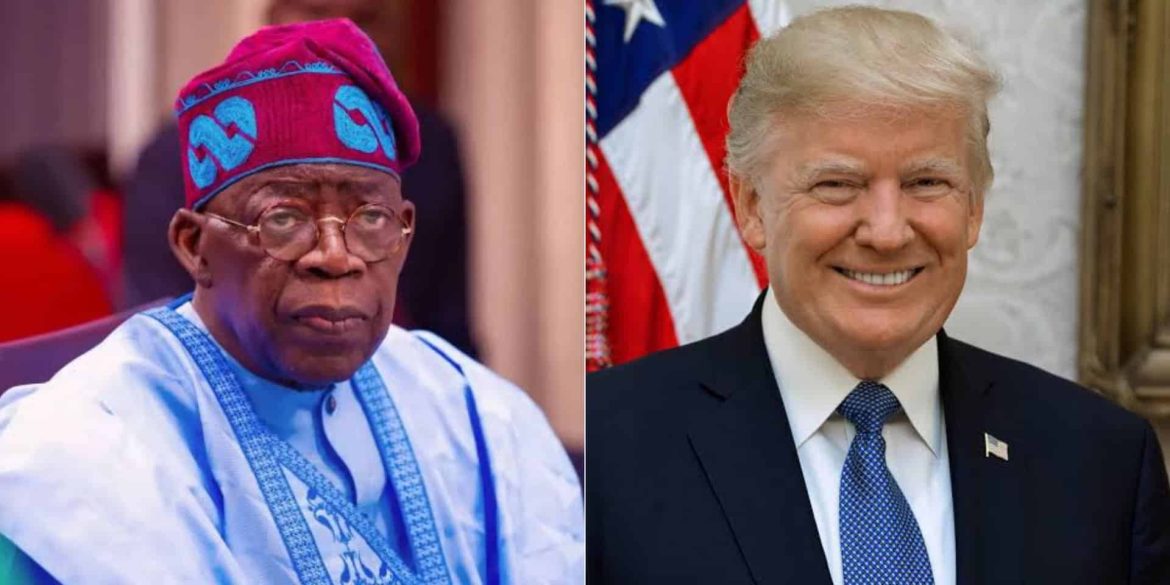1.2K
By Oscar Okhifo
Presidential Adviser on Policy Communication, Daniel Bwala, says the United States has no legal or diplomatic grounds to deploy troops or launch any form of military operation in Nigeria without the express approval of President Bola Ahmed Tinubu, stressing that such action would amount to a blatant violation of the country’s sovereignty.
Bwala stated this on Monday in an interview with the BBC, where he reacted to recent threats by U.S. President Donald Trump, who warned that Washington could intervene militarily if Nigeria fails to act swiftly against alleged killings of Christians in parts of the country.
According to him, Nigeria remains a sovereign nation that cannot be dictated to on matters affecting its internal security.
“Any form of military operation on Nigerian soil without the consent of the Federal Government is unacceptable and would amount to an infringement on our territorial integrity,” he said.
He dismissed claims of a targeted “Christian genocide” in Nigeria, noting that insecurity affects citizens of all faiths and ethnic backgrounds.
“What we are dealing with is a national security challenge that affects everyone. Muslims, Christians and others. It should not be framed solely as a religious war,” he added.
Bwala also highlighted Nigeria’s long-term security partnership with the United States in intelligence sharing and arms procurement, saying Abuja welcomes cooperation that respects international norms and Nigeria’s national interest.
Trump’s recent designation of Nigeria as a “Country of Particular Concern” for religious freedom issues and his warnings of potential U.S. ground operations or air strikes have triggered diplomatic concerns in Abuja and drawn reactions from political leaders and civil society groups.
Bwala reaffirmed that the Tinubu administration remains committed to addressing insecurity and protecting all citizens, while maintaining a mutually respectful relationship with the United States.



